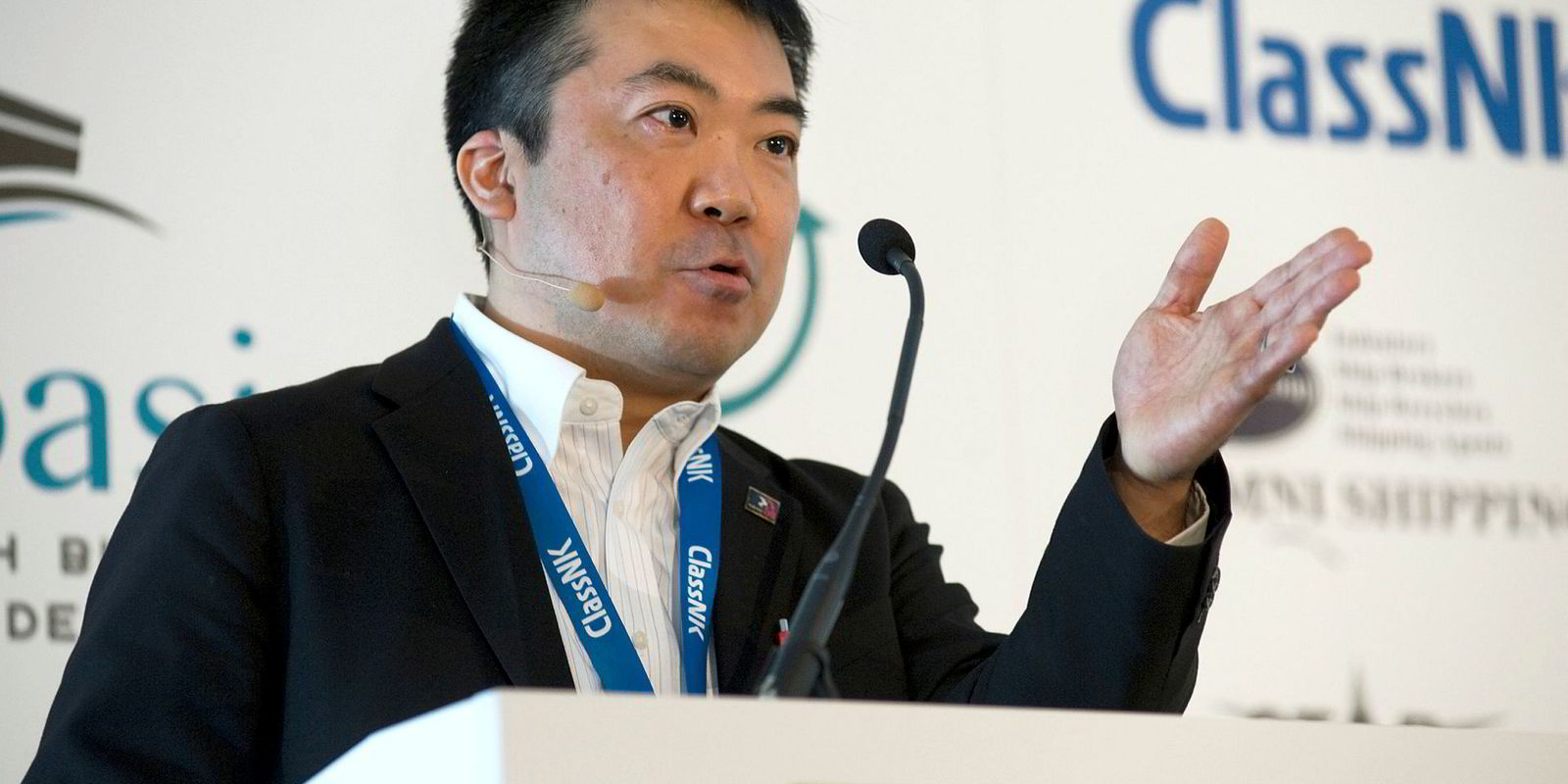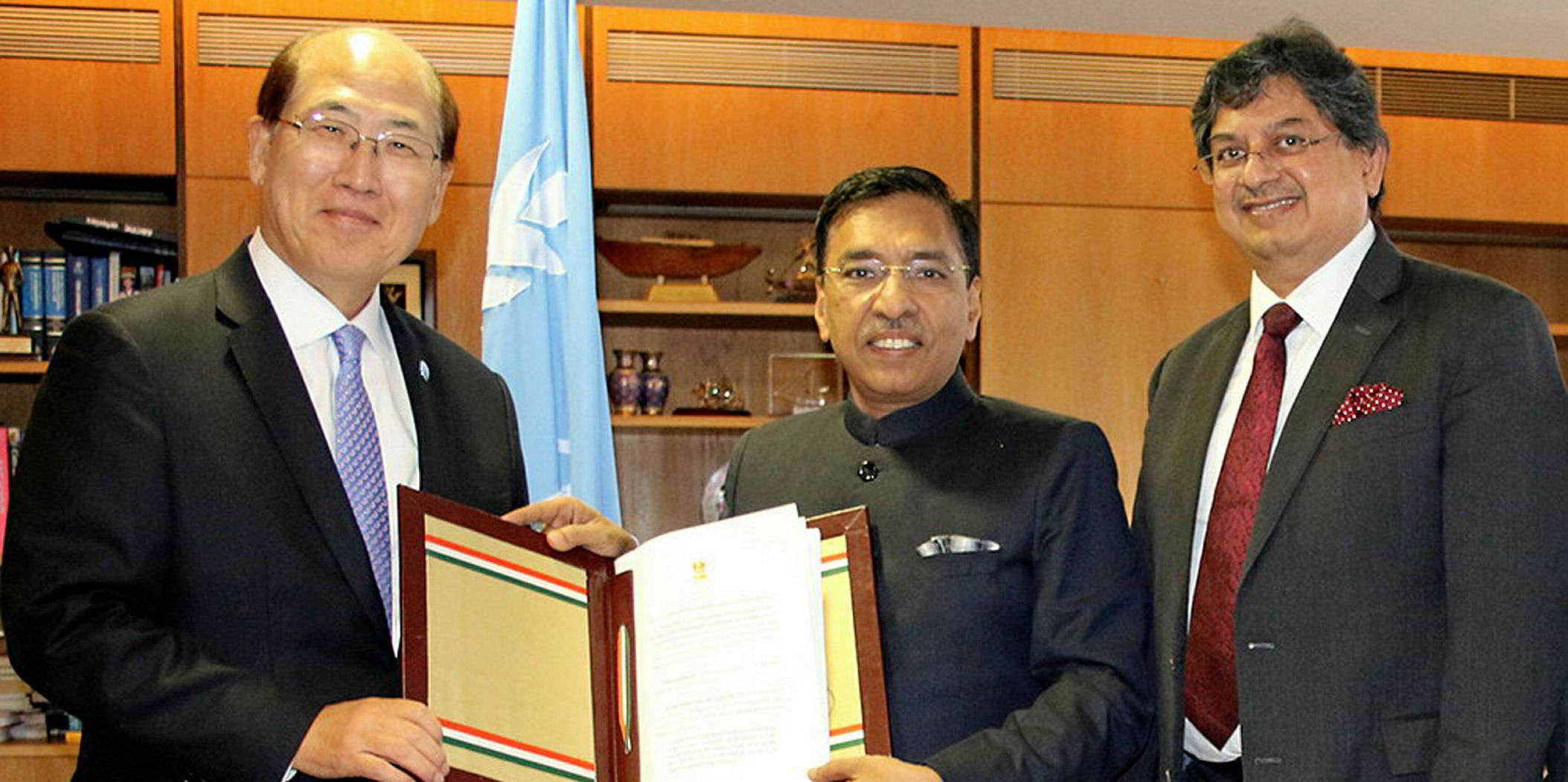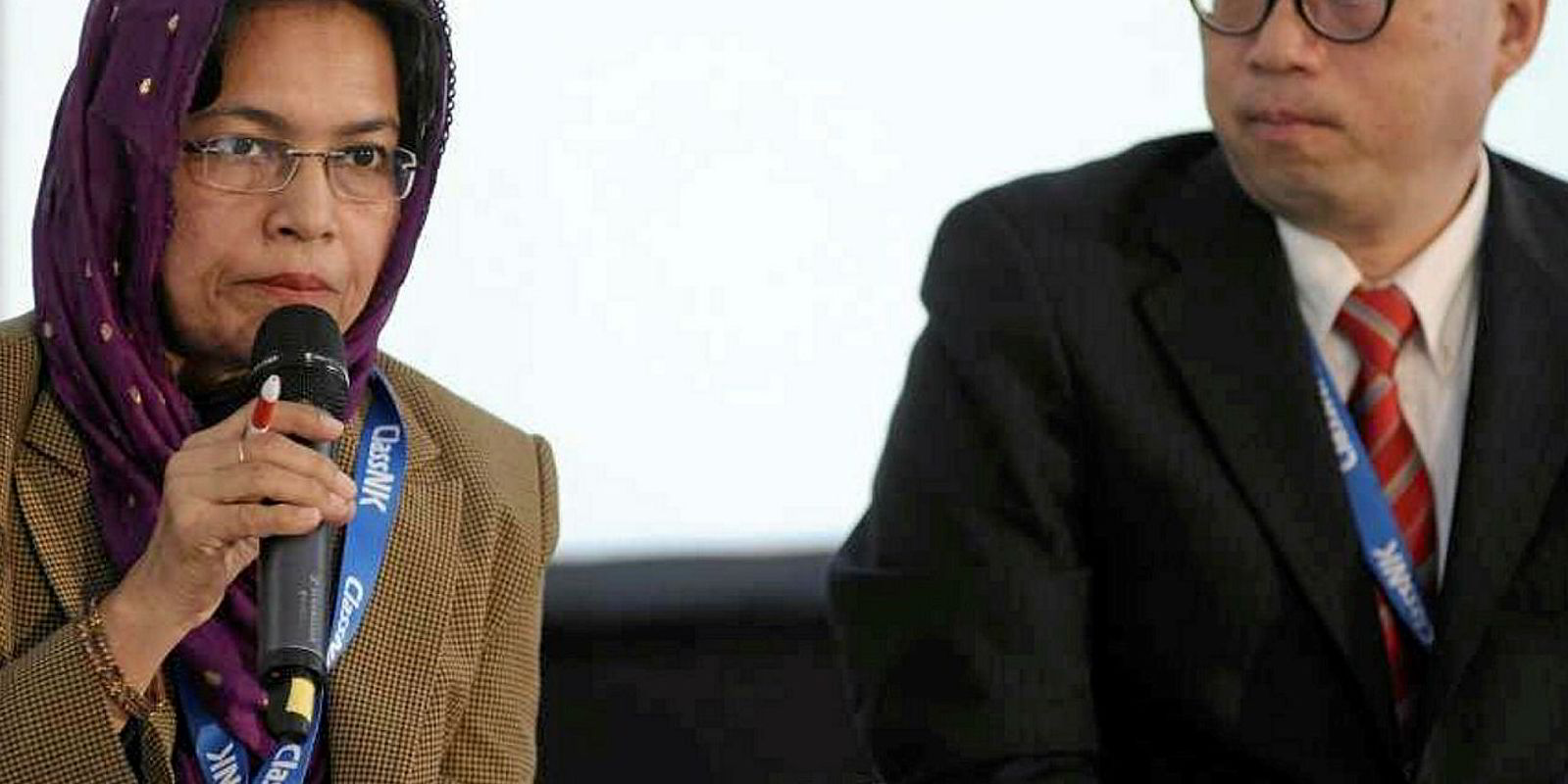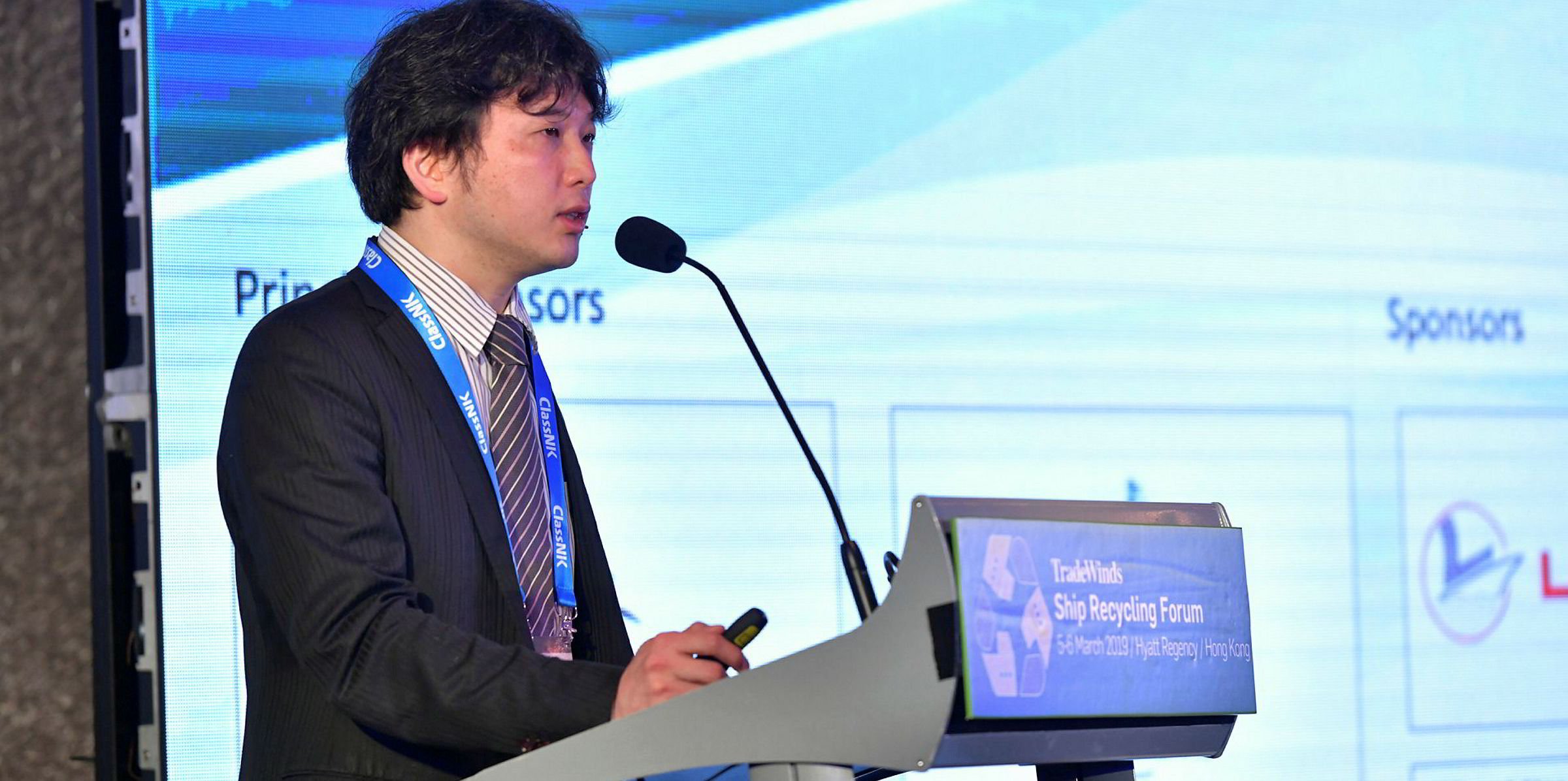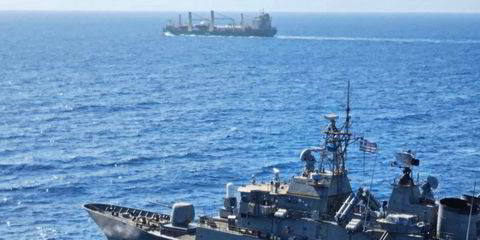Asian shipowners are encouraging China and Bangladesh to ratify the Hong Kong International Convention for the Safe and Environmentally Sound Recycling of Ships within the next two years to accelerate its entry into force.
The Asian owners have been spurred by India’s ratification of the Hong Kong Convention last week, which has brought it within reach of the criteria required for it to become mandatory.
The backing of China and Bangladesh would likely be enough to get the convention over the line in terms of the support legally required from recycling states.
A global recycling convention is critical for Asian owners. They are currently exposed to possible prosecution under Basel Convention regulations on the export of hazardous waste if they demolish ships in the main recycling states of India, Pakistan and Bangladesh.
In addition, unions are also putting pressure on recycling countries to adopt the Hong Kong Convention. Following India’s ratification, Kan Matsuzaki, the director of shipbuilding and shipbreaking at global union IndustriALL, said: “Now it is time for China, Pakistan and Bangladesh to ratify the convention.”
Foreign aid
Bangladesh has made a clear commitment to ratify the Hong Kong Convention by 2013 under its 2018 Bangladesh Ship Recycling Act.
Shipping sources in the Far East are also confident that Bangladesh can be encouraged by foreign aid to speed up the process and ratify the convention earlier.
Before ratification, Bangladeshi yards will have to raise environmental and safety standards to the levels required by the Hong Kong Convention.
Under an IMO initiative, Norway is managing the project of safe and environmentally sound ship recycling in Bangladesh in order to improve that nation's recycling facilities.
Japanese foreign aid was significant in encouraging Indian yards to improve recycling standards and for the government to ratify the Hong Kong Convention. The Japanese shipping industry now wants to see Tokyo offer similar overseas aid to Bangladesh.
One Japanese shipping source told TradeWinds: “We have to keep motivating Bangladesh to improve yards to the Hong Kong Convention compliance level. To do that, positive assistance will be needed on both government-to-government basis and on a private basis among the parties concerned.”
- The Hong Kong International Convention for the Safe and Environmentally Sound Recycling of Ships was agreed by IMO member states in 2009 to raise international standards for shipbreaking.
- It has currently been ratified by 15 IMO member states. To enter into force, the ratifying states must represent 40% of the global fleet — and current ratifications fall just below the tonnage requirement.
- The ratifying states must also have recycled 3% of their combined tonnage in the past 10 years.
Ratification by China is also important to bring the Hong Kong Convention into force, although currently it does not appear to be keen on the international recycling business.
China has pulled out of the international shiprecycling market and its national policy is to discourage the recycling of imported waste in China.
However, some observers suggest that China may be keen to ratify the Hong Kong Convention to improve its environmental credentials.
China is becoming one of the most influential members of the IMO and, as a key re-elected category A member of the IMO Council, it is under growing political pressure to ratify the Hong Kong Convention.
Tokyo shipping sources believe the best scenario is that China could ratify the convention as early as 2020 or 2021.
Another method by which Asian shipowners feel they can encourage their continent's recycling countries is by persuading owners to demolish vessels only at yards that have attained the standards laid out in the Hong Kong Convention.
Ron TY Huang, chairman of the Asian Shipowners’ Association (ASA)'s shiprecycling committee, said: “ASA strongly recommends its members to send ships to Hong Kong Convention-compliant yards, or yards in the process of being certified, in order to fulfil their obligation as good global citizens who are strongly and firmly committed to the principles of corporate social responsibility in compliance with Hong Kong Convention.
"The majority of oceangoing vessels are built in Asia and eventually return to Asia at the end of their life.
"ASA, as one of the core stakeholders, will continue to be actively involved in green shiprecycling, especially for early enactment of [the] Hong Kong Convention.
"We are hoping both China and Bangladesh, as key countries, will soon speed up [the] ratification process.”
